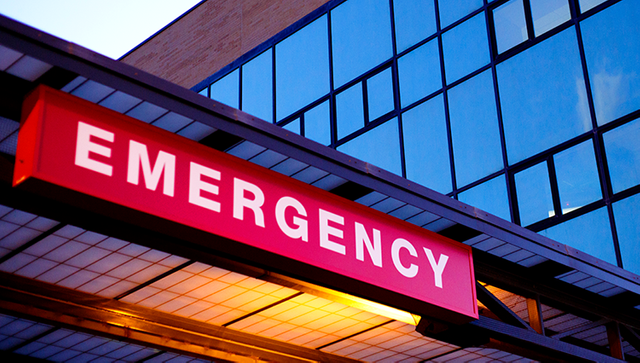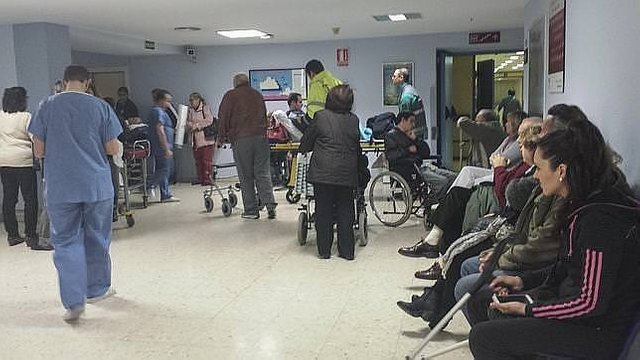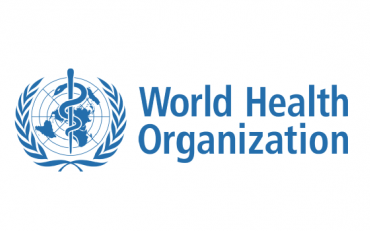How many times have we gone to the hospital emergency in our life? Many, for their luck, will say that very few, others will say that they have attended many times in their lives, and in a small percentage, we are those who go daily because we are the health personnel that works in it.
 fuente
fuente
I could bet that one of the biggest discomforts they feel when they reach a hospital emergency is to see a long line of patients waiting.
 fuente
fuente
And how many times have you or your family been ready to enter the long-awaited consultation with the doctor on call, after long minutes or even hours of waiting, and then overtake someone who has been waiting for less time than you and is served first? ? As expected, this causes you annoyance and frustration, since you are also sick and you arrived before that patient, so you wonder why they attended to it before me, if I have more time waiting? To understand this better, we must know the meanings of the words emergency and urgency.
 fuente
fuente
Medical emergency according to the dictionary of the Royal Spanish Academy is the event or accident that occurs or also dangerous situation that requires immediate action. And according to the World Health Organization (WHO), emergency is the case in which the lack of assistance would lead to death in less than an hour in which the application of first aid by anyone is of vital importance. Some examples are: Loss of consciousness, severe bleeding, possible bone fractures, deep wounds, typical symptoms of a heart attack, shortness of breath, coughing or vomiting blood, etc.
A medical emergency according to the World Health Organization (WHO), can be defined as the fortuitous appearance in any place or activity of a problem of varying cause and variable severity that generates awareness of an imminent need for attention by the subject he suffers or his family. The WHO also defines it as the pathology whose evolution is slow and not necessarily fatal, but which must be attended in a maximum of six hours, to avoid major complications. Some examples are: hypertension, traumatisms, burns and arrhythmias.
But let's be honest, when we attend the hospital in the context of a patient or as a companion, we want us or our family member to be the priority in the area, regardless of anything. So well, this is where the terms urgency and emergency that we must not forget play an important role. The health personnel, whether doctors or nurses, are the only ones trained to identify each one of these situations and in this way prioritize as to which patient requires immediate attention and who can wait.
So my personal recommendation is that you be "patient" in every sense of the word because for you it can only be a moment of waiting but for the other patient, whom they decided to attend before you, are crucial moments to save your lifetime.



Congratulations @anthonys25! You received a personal award!
You can view your badges on your Steem Board and compare to others on the Steem Ranking
Do not miss the last post from @steemitboard:
Vote for @Steemitboard as a witness to get one more award and increased upvotes!